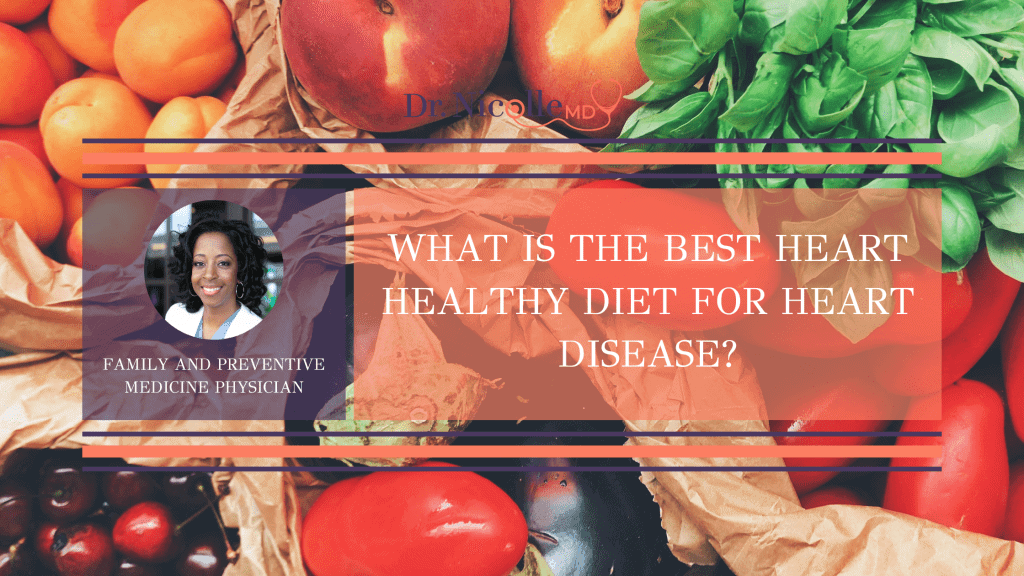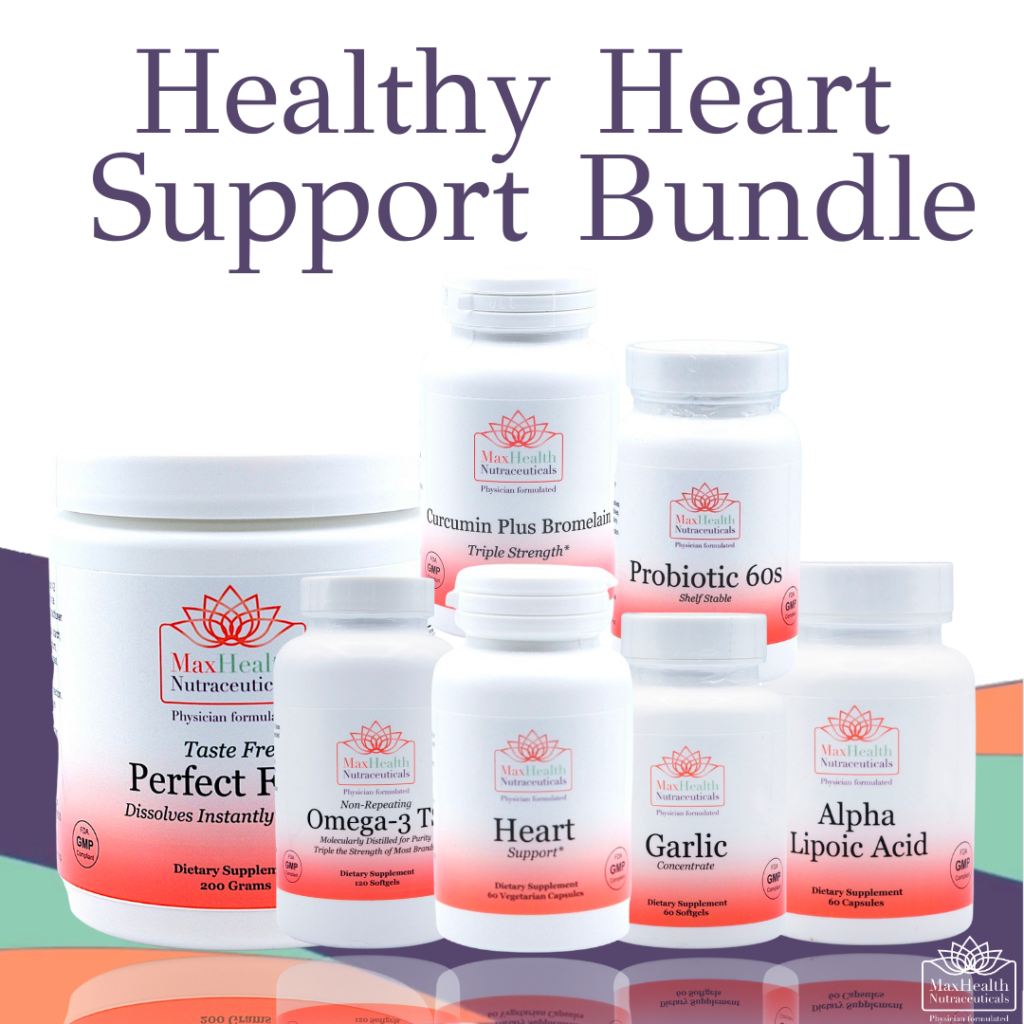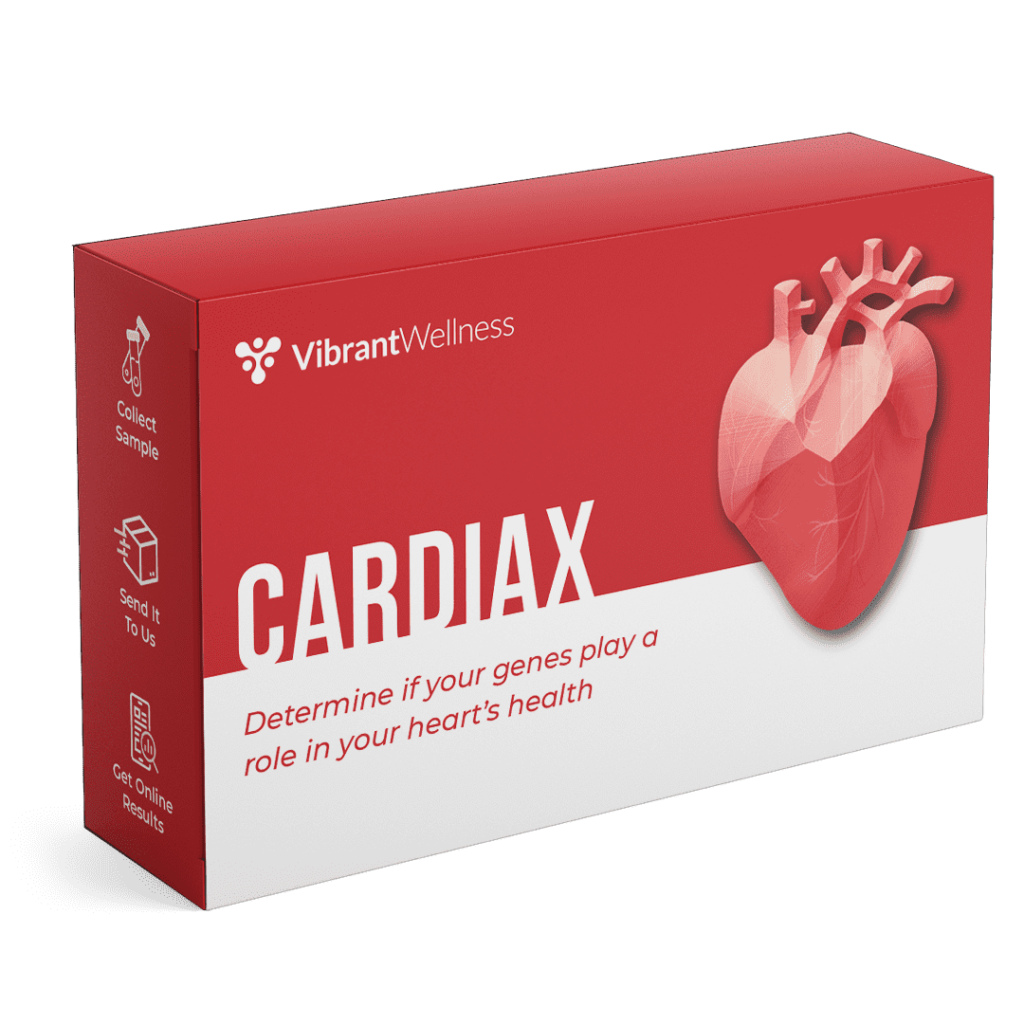

Your diet plays a huge role in your overall health, especially when it comes to preventing and managing heart disease.
Common causes of heart disease, including high blood sugar and high cholesterol, are made worse by a poor diet. If you eat meals high in processed sugar, sodium, and fats, your heart will suffer for it. Therefore, the most heart-healthy diets are those that are high in fruits, vegetables, whole grains, and lean proteins.
Many different diets fit these criteria, such as the ever-popular DASH diet and the TLC diet. Perhaps the most effective is the Mediterranean diet, which supports not only heart health but also increases longevity and assists in weight control.

What Is the Mediterranean Diet?
As the name suggests, the Mediterranean diet is based on the types of food eaten by people living around the Mediterranean Sea. It became popular due to research that suggested people living in countries like Greece, France, and Italy experienced health benefits compared to those following the standard American diet.
In particular, researchers found that following a Mediterranean diet could drastically reduce your risk of developing heart disease, type two diabetes, Alzheimer’s disease, and cancer. People living in the Mediterranean region had fewer deaths caused by coronary heart disease and frequently lived longer, healthier lives.
In recent years, the Mediterranean diet has become a popular choice for anyone looking to slim down, but its primary focus is still on promoting healthy eating habits that help prevent heart disease.
Diet as a Heart Disease Treatment
Your regular diet plays a significant role in determining your risk factors for heart disease. If you consistently eat foods that are high in bad fats and cholesterol, which may also have large amounts of sugar and sodium, your heart health will suffer. On the other hand, if you make healthy choices for each meal, you can lower your likelihood of developing heart disease.
Of course, diet is far from the only possible heart disease treatment. You can combine a healthy Mediterranean diet with exercise to multiply its positive effects.
The Mediterranean Diet and Heart Disease

Following the Mediterranean diet can reduce your risk of developing the cardiovascular conditions that contribute to heart disease. Namely, it can lower your blood pressure by cutting out excessive sugar and salt, as well as help keep your cholesterol in check.
Unlike some other diets where you’re only meant to follow them for a few weeks at a time, you can safely follow the Mediterranean diet for years, making it a great option for long-term heart health.
How to Follow the Mediterranean Diet
There isn’t one well-defined set of rules or a strict meal plan associated with the Mediterranean diet. Instead, it focuses on eating a varied diet of primarily produce and whole grains alongside some healthy fats and the occasional glass of red wine.
What to Eat

Just about all whole fruits and vegetables are well suited to the Mediterranean diet, but you should opt for fruits with less sugar when you can. Try to have about seven to ten servings per day.
Rather than eating white bread, pasta, or pastries, choose whole grains, as these have a lower impact on your blood sugar levels.
While you should limit your consumption of saturated and trans fats, your body needs some fats to function. Focus on getting these fats from healthy sources, such as olive oil and fresh fish.
Aim to eat fish for at least two meals each week, as fish contains high levels of Omega-3 fatty acids that can reduce inflammation and lower your risk of having a stroke.
You can also have low-fat dairy options like Greek yogurt. Don’t forget about low-fat cheeses like feta and mozzarella too.
In addition to seafood and dairy, you can also get protein from plant-based sources like nuts and beans.
What to Limit or Avoid
While the Mediterranean diet lets you enjoy many different meals, there are some ingredients you should avoid. Avoid eating too many processed foods with lots of fats and sugars. Instead, stick to fresh, whole ingredients as often as you can.
Limit how often you have red meat as well, as it is higher in saturated fat than most plant or seafood sources of protein. Go for leaner cuts, and only have a steak or burger on rare occasions, if at all.
Keep your sodium levels in check by leaving salt out of most of your meals. Instead, you can use fresh spices and herbs to give your meals all of the flavor with none of the spikes in blood pressure.
Food For Thought
Improving your health starts with altering your diet. Reducing your risk of heart disease is no exception to this rule.
The Mediterranean diet is very flexible, with plenty of options to suit any palette. Considering its positive effects on your heart and overall well-being, there’s no reason not to give it a try.
If you would like to receive a free resource sheet to support your quest for better heart health, click the button below to receive your gift.
I’m excited to talk about this topic today because not only do I truly believe that you have the power to reverse heart disease and lower high blood pressure to improve your health, but the science also agrees! You can adopt healthy lifestyle practices that improve your health and enrich your life, which can in turn improve the lives of those close to you. You have the power to break the cycle of these chronic diseases so that you can leave a legacy of health to your loved ones.
As you may already know, I use lifestyle medicine as the first line of treatment, before medications, to treat lifestyle-related chronic diseases. Lifestyle-related chronic diseases include diabetes, hypertension, obesity, and some cancers, just to name a few. Lifestyle practices, such as eating a whole-food plant-based diet and regular physical activity, can help you improve blood pressure and reverse heart disease. In certain cases, these approaches may even outperform pharmaceutical therapy. But I always tell my patients that conventional medications may be appropriate at this time to prevent catastrophic illness, but over time, you can work to make the necessary lifestyle changes to possibly reduce and/or eliminate medications. Please remember to always consult your physician for your particular needs and circumstances prior to making any decisions whatsoever.
Is Dietary Supplementation Right For You?
There is a common saying, “You can’t outrun a bad diet.” This is especially true when it comes to heart health. Diet is sooooo very important… Did you know that your diet could be the key to a healthy heart? It’s true – what you eat (and don’t eat) can have a big impact on your cardiovascular health. So, if you’re looking to keep your heart in tip-top shape, make sure you pay attention to what you put on your plate.
Unfortunately, it can be difficult to eat a healthy diet in this day and age. It is very important to note that we are not eating the same foods we ate years ago because the soils have been depleted of critical nutrients through current industrial farming practices. And because the soil is not as good as it used to be, the food supply (grown from the depleted soil) is not as good as it used to be. For example, you are not getting the same levels of magnesium as you would have gotten 30 or even 50 years ago.
Second, much of the food has been genetically altered, which can impact the inherent and unique nutritional composition that each food possess. For example, ancient einkorn wheat has less gluten, more protein, more Vitamin A, and more beta carotene, than modern genetically modified wheat.
Third, the toxic load in the environment today is much higher than 100 years ago. We can see this with global warming, toxic landfills, polluted oceans and waterways, etc. Toxicity levels interfere with nutrient assimilation and absorption not just into the foods, but into our bodies as well.
For some people, vitamin and mineral supplements offer important health benefits. Supplements are designed to fight deficiencies found in our diet and complement the food we eat regularly. Supplements are basically “helping hands” to our daily food.
If you need extra help in getting the nutrients you need, and/or are unable to eat better, the supplements in my Healthy Heart Bundle may provide the extra boost you need.
These are my favorite Heart Health Supplements to use! This Healthy Heart Bundle will ensure you have the intake of the important vitamins, minerals, and probiotics to decrease inflammation and boost your innate wellness day and night. Taken together, it’s a solid plan for increasing your body’s natural resiliency while you lose weight and improve your heart health, naturally.
For best results make sure you use my heart health supplements with dietary changes including a whole food plant-based diet, regular exercise (at least 2-3x per week), regular sleep (8 hours per night), and intermittent fasting (at least 1-3x per week).
Tools to Improve Heart Health
Blood Pressure Monitoring
It’s very important to monitor your blood pressure. I often recommend an automatic upper arm blood pressure cuff, but a wrist blood pressure monitor is also acceptable.
Weight Monitoring
Since weight management is very important in blood pressure control, I recommend that you be mindful of your weight and its fluctuations, and that you monitor your weight AT LEAST on a weekly basis. I recommend a scale that includes a body composition monitor.
Taking Charge Of Your Heart Health
Heart health is a big topic. It’s in the news, on our minds, and for good reason; heart disease remains the leading cause of death in the U.S. But what if there was something you could do proactively to help protect your heart from future problems? Enter the CardiaX test—a revolutionary new way to take charge of your heart health!
What is CardiaX?
CardiaX is a comprehensive genetic testing panel that looks at mutations associated with common cardiovascular risks. It can be used to determine if there are any genetic factors at play in your heart health, and it can also identify potential areas of risk that may require further action. With this knowledge, you can make informed choices about your health today with the aim of improving long-term heart health outcomes.
Who Might Benefit from CardiaX?
If you have been diagnosed with or are at risk for atherosclerosis, abnormal cholesterol production, hypertension, stroke risk, and risk for heart attack then you may benefit from this test. Additionally, anyone who wants to know more about their genetic predispositions for common cardiovascular risks may also want to consider taking this test as well.
What Can I Do With My Results?
Your results will give you an indication of whether or not there are any potential genetic markers playing a role in your risk for developing certain conditions related to heart health. From there, you can work with your healthcare provider to develop a plan that takes into account these findings and helps you develop strategies for managing them going forward. In addition to lifestyle changes such as diet and exercise modification, selecting medications that are tailored specifically to your genetics could be beneficial as well.
In A Nutshell…
The CardiaX test is an exciting new way to take charge of your heart health by learning more about how genetics might be playing a role in certain cardiovascular risks. With this knowledge in hand, patients can make decisions informed by their own unique genetic profile that will help reduce their overall risk for developing certain conditions associated with heart disease. This type of proactive approach is key when it comes to protecting ourselves against this all-too-common affliction—so don’t wait another minute! Take control of your future and get started with the CardiaX test today!
Remember, healthy lifestyle behaviors–like eating a whole-foods plant-based diet that is low in sodium, being physically active, and stress management are the best ways to prevent and control high blood pressure. Please talk with your doctor about any complementary health approaches, including supplements, you use.
Dr. Nicolle Martin
Some of the links in this article are "affiliate links", a link with a special tracking code. This means if you click on an affiliate link and purchase the item, we will receive an affiliate commission.
The price of the item is the same whether it is an affiliate link or not. Regardless, we only recommend products or services we believe will add value to our readers.
By using the affiliate links, you are helping support our Website, and we genuinely appreciate your support.
Last updated on January 28th, 2022 at 05:15 am

Minimize Medications. Maximize Health.
Are you super busy but need to take control of your health? Are you tired of being tired? Subscribe to my “Minimize Medications, Maximize Health Blog” and I’ll give you 7 Tips to Get Healthy in No Time absolutely FREE.







